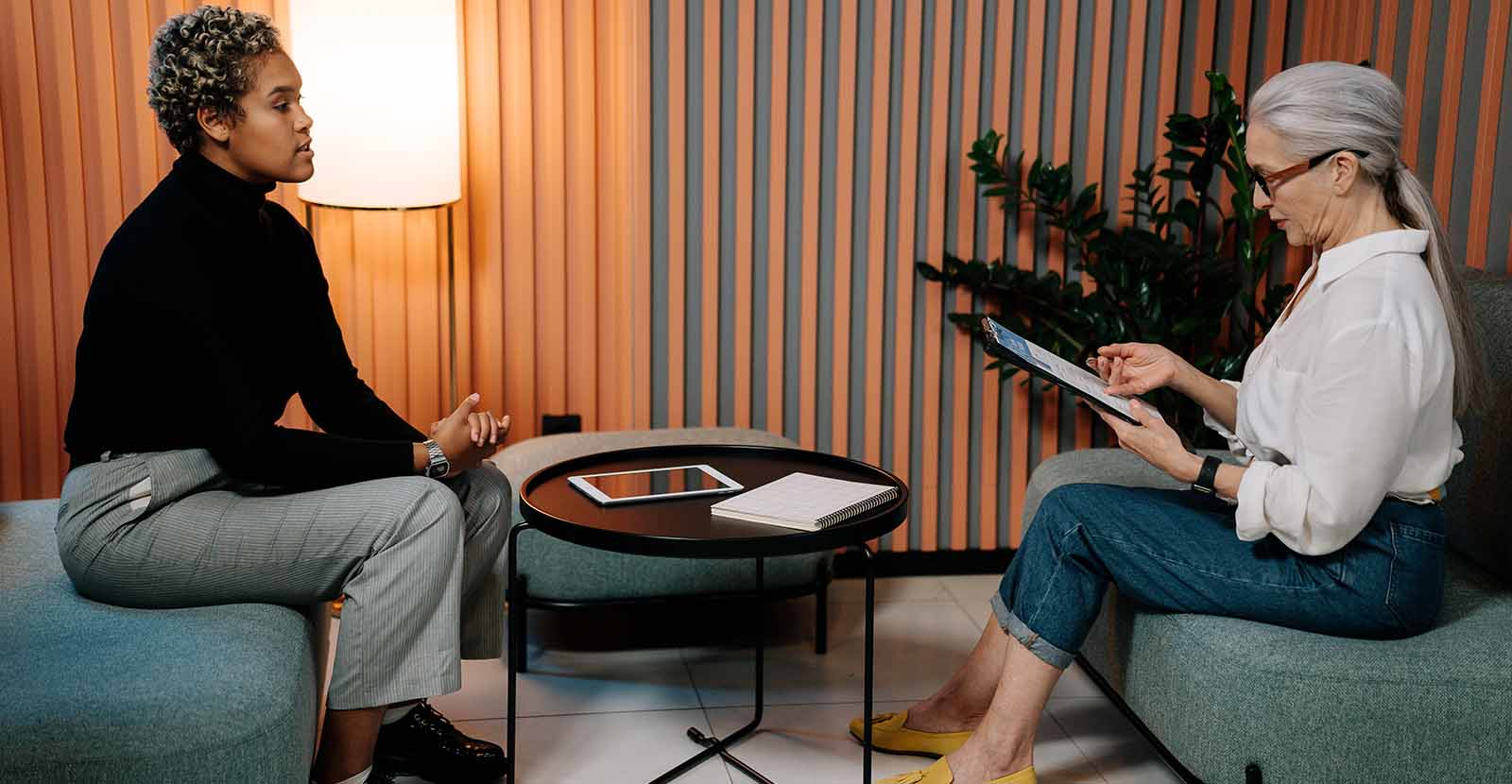Interview to Avoid Becoming an Underperformer
Chantelle (not her real name) had been excited about starting this new job. After a leadership change in her former company, Chantelle’s responsibilities had evolved into something she no longer enjoyed. This new job had promised to bring her challenges similar to ones she had successfully tackled and enjoyed before the big change.
But now that she’d been here for several months, she realized she had looked before she’d leaped. Not only did the job not offer the challenges she’d been expecting, but the culture was different from the autonomous structure she’d previously enjoyed. Feeling dissatisfied and out of place, Chantelle realized her lack of motivation was now dragging down her attitude and affecting the quality of her work. Was it time to look for a new job? If so, what would prevent her from making the same mistake again?
What Chantelle was experiencing was a mismatch, something that can easily occur if you don’t fully explore three areas during the interview process with your future employer:
The Job. Chantelle was used to performing certain tasks that involved challenge and using her mind. When interviewing for the new job, she didn’t ask enough questions to get a detailed description of the day-to-day tasks. Since her skills and experience matched the job description’s requirements and she’d been a high performer at her previous job, she and the employer both assumed she would be a good fit. Unfortunately, though her title remained the same, her responsibilities were much more monotonous and routine at the new job.
The Manager. As Chantelle discovered, not all managers are equal! Lou Adler, author of The Essential Guide to Hiring and Getting Hired, describes six types of management styles. It’s important that you know yourself well enough to consider what type of management style you prefer. This knowledge can help you to explore in your interviews the style of the manager for this open position. (And it should go without saying–be sure you actually meet the manager before you accept an offer.)
The Company Culture. In retrospect, Chantelle wished she had asked more questions and spoken with some of the employees to get a better feel for the culture before she committed to the job. Often, what a company says it values and what it actually does value may be two different things. It’s up to you in your interview process to learn what a company really is like. If you’re the type of person who crosses every line drawn in front of you just for the challenge of it, it’s best to know up front if the company’s culture actually encourages such risk-taking…or actually squashes it.
Before you begin your next job search, learn how to interview to avoid becoming an underperformer. Dig deep with questions that will give you the most accurate picture of the job’s day-to-day responsibilities, the style of the manager who will actually supervise you, and the company culture. Getting the full picture will set you up for the success your new employer hopes you will have.
Candidates, do we have the most current version of your resume? If not, click here to post it, and visit our job board for professional and technical jobs while you’re at it! You or a friend might be a good fit for one of our open positions. Also, join our Talent Network to receive updates and alerts with new job opportunities that match your interests.
Related Posts
View all posts-
Employers
OSHA Proposes Heat Illness Prevention Plan to Protect Workers
The proposed OSHA rule represents a crucial step towards enhancing worker safety in the face of extreme heat.
-
Employers
How to Develop a Comprehensive Construction Safety Plan
As construction sites are inherently hazardous environments, developing and implementing a robust safety plan is crucial.
-
EmployersCareer Seekers
Navigating the New PAGA Landscape: Key Changes and Compliance Tips
The PAGA reforms signed into law by Governor Gavin Newsom on July 1 aim to bring a new balance to this labor law.
